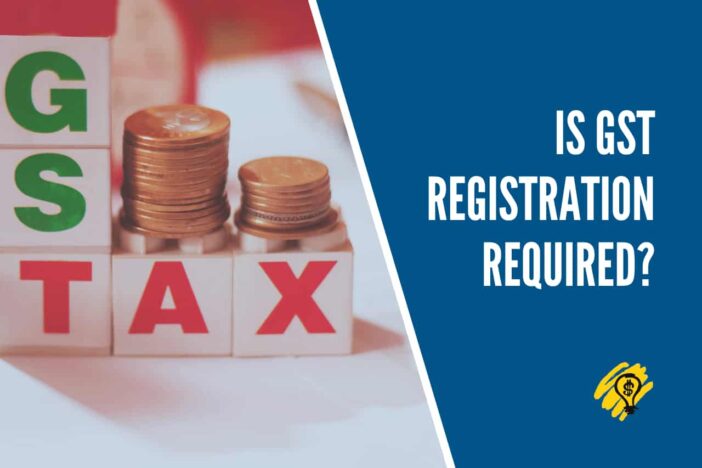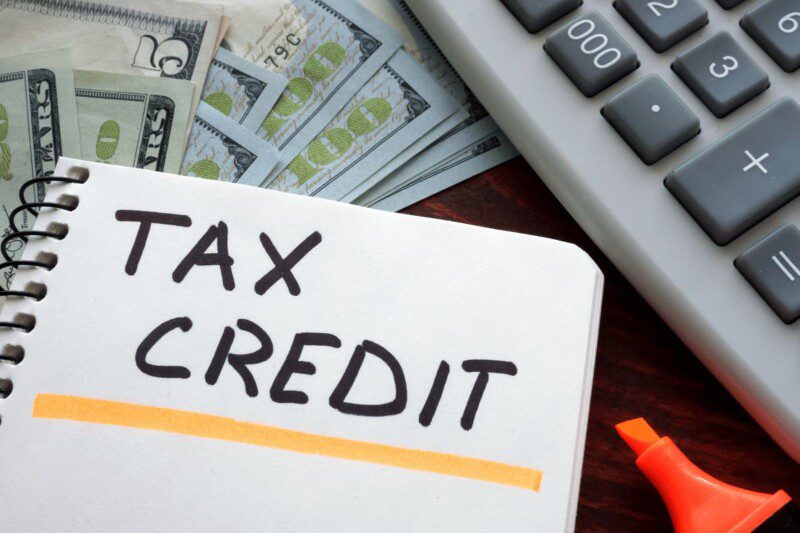It is a value added tax applicable to most goods and services sales that is calculated at 10%. Most businesses registered for GST pass the cost of the tax on to their customers and claim credit for the amount of the GST they paid on their purchases.
Learn here when do you need to pay GST.
Should I register for GST?
A business with an annual turnover of more than $75,000, must register under GST if it has a turnover exceeding this amount. Depending on your turnover, the ATO has the responsibility for you to register within 21 days of reaching $75,000 in revenue, and you must register if you have exceeded, or are likely to exceed, this amount. In the case of businesses that provide taxi services, registration is a necessity if you plan to claim fuel tax credits.
If you do not bring in $75,000 or more in annual sales but are willing to turn over a copy of your business payroll, then you can choose to voluntarily register for GST. Taking advantage of the GST you pay on business expenses can result in a deduction from your taxes. As a result of this advantage, there is also a disadvantage in that you will also have to pay the ATO GST on the income that you make. It is important that you have a sufficient understanding of the costs and benefits of registering before you undertake any action.
Is it necessary to keep records for GST?
Ideally, you should keep electronic copies of all your sales and purchase documentation. Having accurate records of GST is extremely important in order to prevent errors from occurring during calculations. For all purchases over $82.50, you will also need to make sure all your invoices are tax invoices, and a valid tax invoice is necessary to take advantage of the GST credit.
Tax invoices and other GST documents that you receive from the bank should be retained for a minimum of five years. In addition to the other benefits you receive from keeping proper records of your GST, one unexpected benefit you receive from keeping GST records is that just like your profit and loss statement, the information you collect helps you identify where you are heading as well as potential liabilities!
Make sure all GST credits that you claim to come from registered suppliers. Taxes are deductible if they are not assumed to be built into the cost of goods or services. It is illegal to claim a tax deduction for their goods if you are not paying tax on your purchase. Tell your clients if you aren’t registered! It is possible for them to try to claim a tax credit they aren’t permitted to claim.
You should always keep track of all your purchases, but keep in mind that GST is not charged on certain purchases, for example, on bank fees or water bills.
Where do I start with GST?
Tax obligations for small businesses can be better understood by the ATO through free on-site consultations. There are individuals who can assist as well! Making your way through the complexity of starting your own business is a little easier when you speak to one of our experienced staff members.



